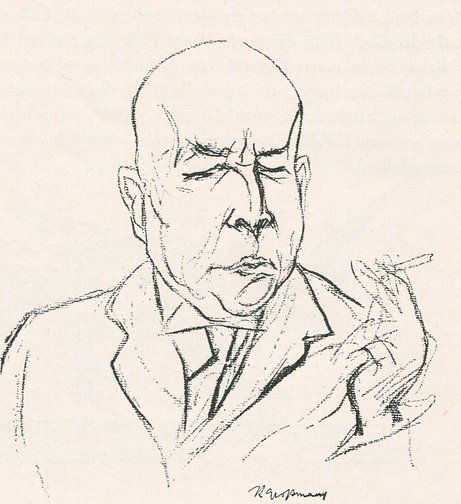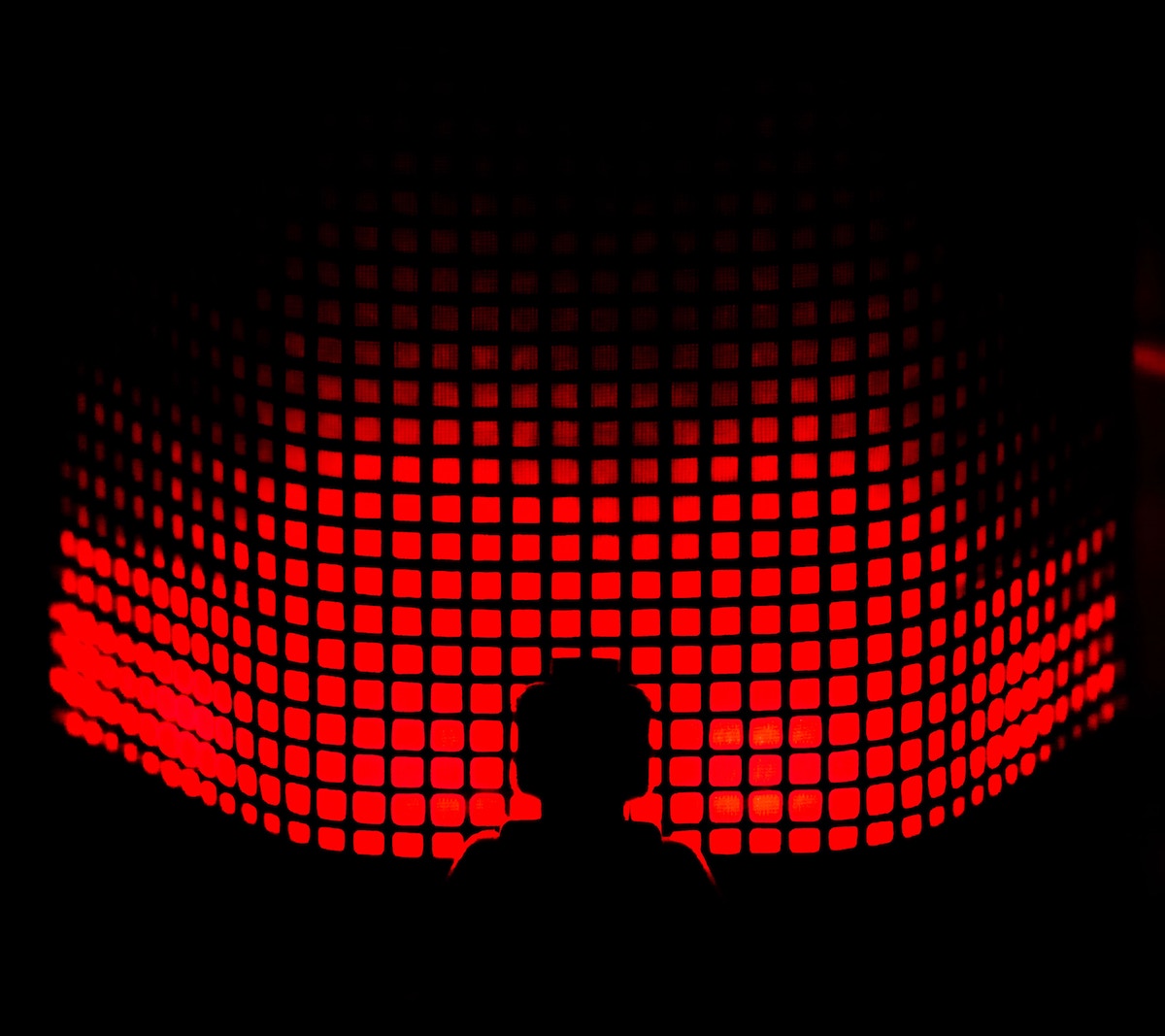Ethnocentric, sexist and racist ideologies demonstrate why it is important to de-colonise the study and teaching of European culture and history.

Recently, Javier Ortega Smith, the leader of Vox, the populist radical right party in Spain, came under scrutiny for language that Spanish Attorney General Luis Navajas called “abominable” and “repulsive” but not a hate crime. Ortega Smith claimed: “Our common enemy, the enemy of Europe, the enemy of liberty, the enemy of progress, the enemy of democracy, the enemy of family, the enemy of life, the enemy of the future is an invasion, an Islamic invasion… What we know and understand as civilization is at risk.” Ortega Smith called upon old concepts of “western civilization” that have long been used to mask hate and excuse violence.
Most semesters, I teach a class titled Western Civilization II, a survey of European history that covers from the Enlightenment to the present. The course, which has been taught under that title for decades, is typically taken after students finish Western Civilization I, which covers antiquity to the Middle Ages. Instead of beginning with the Enlightenment, I like to start with the beginning of Spanish colonisation of the Americas and the expulsion of Muslims and Jews from Spain in 1492 – an important year in the construction of ‘The West’. We talk about ‘the West’ as a social construct – something that is not a natural fact, but a concept invented by humans. Indeed, before 1492, ‘the West’ existed differently in the imagination of peoples living in Europe than it does today. With colonisation and global trade, the idea of the West literally expanded. Using this framework, we end the course discussing refugees, antisemitism and Islamophobia in Europe today – bringing it full circle.
The promise of ‘Western civilization’ became an excuse to dominate – to ‘civilize’ others.
Historically, being ‘western’ or ‘civilised’ was a powerful weapon used to legitimate the domination of others who were outside Europe. Despite the fact that the first recorded civilizations or settled groups of people began in ancient Mesopotamia, modern-day Iraq, the promise of ‘civilisation’ somehow became the provenance of Europe. The promise of ‘Western civilization’ became an excuse to dominate – to ‘civilize’ others. In the Spanish case, this was readily made apparent in the encomienda system that systematically enslaved native populations in the Americas. Other European colonial powers adopted similar rationales for their empires; it came ‘the white man’s burden’ to spread western civilization. Of course, native populations in the Americas and elsewhere already had civilizations long before Europeans arrived, and were rarely admitted as part of the Western club.
In the aftermath of the First World War, the German academic Oswald Spengler wrote ‘The Decline of the West’, a work that demonstrated racist and proto-fascist tropes as it decried the fall of Western Civilization and underlined the importance of strengthening blood ties in order to save the West. This fear of the fall of the West later popped up again during the Cold War and even in the aftermath of the 2001 attacks in the United States. Powerful countries seem to need to summon up a millenarianism, sounding the death of the West in moments of anxiety about the loss of power, while also using it to legitimate their power.
From our partners:
The Proud Boys
More recently, in 2016, Gavin McInnes, a co-founder of Vice Media, began a men’s exclusive group called the Proud Boys. On the Proud Boys’ website, they declare that they accept people of ‘all races’, ‘all religions’, ‘gay or straight’. However, to join the Proud Boys one must ‘be a man’ and ‘must love the west’. One video featured on their website claims that all the Proud Boys care about is that one believes “the West is the best”.
The group is composed of self-proclaimed “Western chauvinists who refuse to apologize for creating the modern world”. McInnes, has described a chauvinist as simply being “a nationalist, a patriot”. While McInnes is right to describe chauvinism as also being applicable to those categories in addition to other types of chauvinism such as male chauvinism, he conflates nationalism and patriotism – pride in one’s country as opposed to the belief in the superiority of that nation. McInnes’s broad category of ‘Western chauvinism’ translates to a type of western nationalism akin to ‘European nationalism’ – a concept that might read as ‘White Nationalism’ – without being entirely obvious. Indeed, these chauvinistic ideals are a direct product of western ideologies. They represent the west’s most horrendous legacies: fascism, patriarchy and colonialism.
McInnes’s broad category of ‘Western chauvinism’ translates to a type of western nationalism akin to ‘European nationalism’ – a concept that might read as ‘White Nationalism’ – without being entirely obvious.
This sort of uncritical lauding of ‘the West’ and its history is why western civilization courses that analyse the concept of ‘the West’ are particularly important. Such ethnocentric, sexist and racist ideologies demonstrate why it is important to de-colonise the study and teaching of European culture and history – to combat the types of ideas the Proud Boys expound. As co-chair of the Council for European Studies at Columbia University’s new Critical European Studies Research Network, I have the privilege of working with students and scholars particularly interested in engaging in these types of questions.
So, what does it mean to be ‘Western’? It’s a nebulous concept at best. At the beginning of my course, I give students a blank map with no geo-political boundaries. Individually, students are to circle the parts of the map they consider part of ‘the West’. Some students circle only North America, other students only Europe. Some circle a combination of Europe, the United States, Canada, South Africa, Australia and New Zealand. Some throw in Latin America, and others Japan – or even other countries which have been colonised. Students compare the differences in their maps, highlight disputed territories and then, as a class, we compare those hazier boundaries and how they define ‘the West’ more generally. In these discussions, many students tie the West to ideas of liberty, equality and democracy. Others bring up questions of religion, slavery and whiteness. We continue the discussion throughout the semester while studying a survey of modern European history, always bringing it back to questions about orientalism as well as the appropriation and abuse of history argued by the likes of Edward Said, Johanna Hanink and Donna Zuckerberg.
The Proud Boys’ website also claims the group confuses ‘the media because the group is anti-SJW without being alt-right’. This claim to be ‘anti-Social Justice Warrior’, is curious, as it most often refers to those who are interested in promoting civil rights, and pointing out injustices, regardless of one’s race, gender, class, nationality or embodiment. When the so-called SJWs point to social inequality because of discrimination, it is an attempt to have human rights recognised – an ideal embedded in Enlightenment thought. Even, the Proud Boys desire to dubiously claim to not discriminate because of race, sexuality, or religion is a product of the Enlightenment. Of course, for the group, there seems to be a complete lack of understanding about what the Enlightenment was, including the importance of seeking redress for injustice from a democratic government, as well as a complete lack of interest in what equality means today. The so-called SJWs, in reality, represent what might be the most important ideals of western thought that stretch from Rousseau to Angela Davis.
Meanwhile, the ‘men-only’ exclusivity of the Proud Boys is a clear demonstration of chauvinism against women. The Proud Boys’ reactionary website is against women and denies the existence of transgender people, stating: “Our group is and will always be MEN ONLY (born with a penis if that wasn’t clear enough for you leftists)!” Women can, however, join the group as ‘Proud Boys’ Girls’. But even in the women’s group’s name they are subordinate, belonging not to their own group, but to the boys.
Both Ortega Smith and the Proud Boys versions of western civilization reject the western ideals that are worth defending – a belief in equality, the value of individual and the responsibility of the government to its people. Their visions of the West simply cannot co-exist along with the best hopes for the Enlightenment project. Of course, the best parts of Enlightenment ideals have rarely been a reality, but they are still goals for which to strive.
This article originally appeared in openDemocracy.














